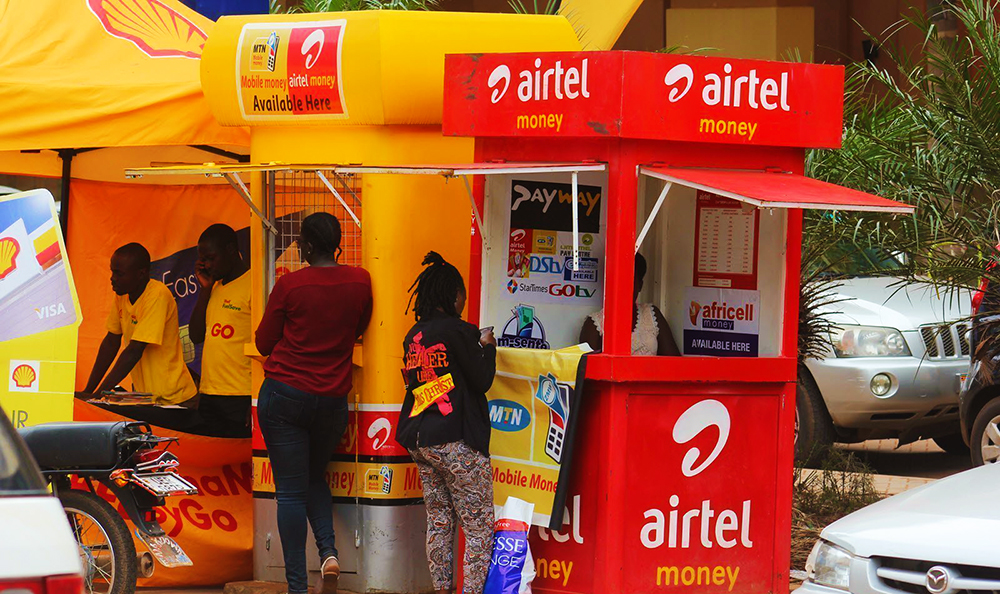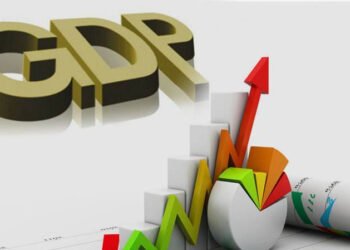The Government of Ghana expects to raise a total of GH¢2,235,108,261 from the Electronic Transactions Levy (E-Levy) in 2023, though it has revised the rate from 1.5% to 1% in the coming year.
The target revenue from the levy accounts for approximately 2% of the total projected revenue of GH¢112,357,901,731 in 2023.
Classified under ‘Taxes on Domestic Goods and Services’, projected revenues from the electronic transactions levy in 2023 accounted for 5% of the expected revenue of GH¢44,888,824,961 from this tax category in 2023.
The government is hopeful of the success of the levy as it expects revenues to rise to GH¢2,640,957,153 in 2024, before hitting the GH¢3 billion mark in 2025.
Government in the 2022 mid-year budget, revised the projected revenues from the E-Levy to GH¢611,000,000, down from the initial GH¢6,963,386,254 target captured in the 2022 budget presented in November 2021.

The revision was necessitated by the controversies that surrounded the passage of the E-levy in Parliament. The levy took effect in May 2022, after the government agreed to cut the rate from the initial 1.75% to 1.5%.
Despite the reduction in the rate to 1.5% and the subsequent revision of expected revenues to GH¢611 million, government could still not meet its target for the first three quarters of 2022.
The target for the first nine months of 2022 was GH¢336,050,000 but government disclosed in the 2023 budget statement and economic policy document that it was able to raise GH¢319,138,774 from the tax handle within the period. The outturn means government missed its target by GH¢16,911,226 which represents a deviation of 5%.
Government now expects to raise a total of GH¢594,088,774 from the E-levy in the 2022 fiscal year, thus, from Q1 to Q4, 2022. The expected revenues from the E-levy for the whole 2022 fiscal year, still falls below the revised target of GH¢611 million by 2.8% or GH¢16,911,226.
This means revenues from the E-levy will now account for 0.8% of the total revised tax revenues of GH¢75,264,884,323 for 2022.
Revision of the E-levy rate
Government proposed in the 2023 budget statement that it would revise the rate of the E-levy from 1.5% to 1%, but with a condition that the GH¢100 threshold will no longer apply.
The implication of that proposal was that every single transaction eligible for tax under the E-levy Act, will attract the flat rate of 1%, irrespective of the amount. A move analysts condemned, as they believe it will bring undue hardship on the poor which government earlier promised to protect under the Act.

That could have also affected the usage of Mobile Money (MoMo) in the country as many people would have avoided the tax by simply not transacting using the MoMo platform. When that occurs, it would not only jeopardize government’s financial inclusion drive but would also have dire consequences on telcos, as they will lose huge revenues.
Parliament rejects removal of threshold
Luckily, though Parliament of Ghana approved the reduction of the rate of the Electronic Transactions Levy (E-Levy) from 1.5 percent to 1 percent, it rejected the removal of the GH¢100 threshold on daily transactions proposed by government. This came as a welcome news for both telcos and mobile money users in the country.
Prior to the approval of the 2023 budget by Parliament, Dr Ken Ashigbey, Chief Executive Officer of the Ghana Chamber of Telecommunications, said in an interview that calling for a total scrap of the tax measure would be insensitive, considering the government’s dire need for revenues amidst the current economic turmoil.
Dr. Ken Ashigbey, however, proposed that reducing it to 0.1% would recondition the digital economy, thus generating more revenue for government. The CEO noted that the reduction in the rate should be accompanied by placing a cap on it. To him, the current cap-less system makes it most undesirable to transact business with large sums of money via digital platforms.
READ ALSO: I Am Excited By The Outcome Of Congress- Tamale North MP























